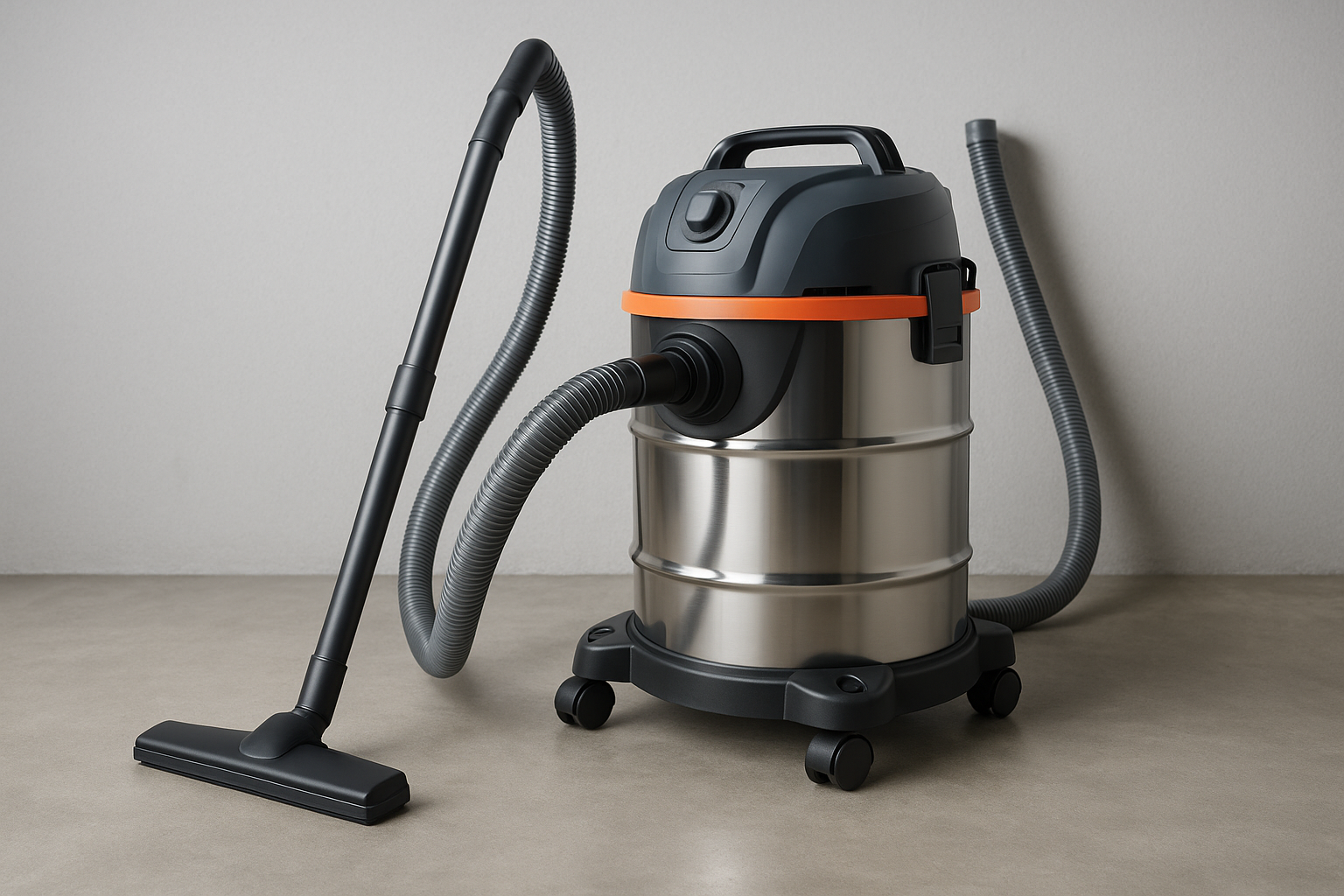The vacuum cleaner industry is facing a wave of updated compliance standards, both in the European Union and the United States. These new regulations impact everything from energy efficiency to recyclability and noise levels. For manufacturers and distributors, understanding these evolving requirements is critical to avoid fines, product recalls, or blocked imports.
Energy Efficiency and Eco-Labeling
In the EU, vacuum cleaners must meet stricter energy performance criteria under the Ecodesign Directive. The goal is to reduce power consumption without compromising cleaning effectiveness. Starting this year, vacuums sold in Europe must include updated energy labels that consider performance across multiple surfaces, dust re-emission, and durability. The European Commission has added new metrics related to noise levels and minimum expected product lifespan.
In the U.S., the Department of Energy (DOE) and Environmental Protection Agency (EPA) are pushing for ENERGY STAR 4.0 certification on residential and commercial units. These shifts directly affect SKUs like Cordless Vacuum Cleaner and wet dry vacuum, especially those sold through major retailers or GSA contracts.
Material Safety and Sustainability Mandates
Both regions are demanding more sustainable designs. The EU’s Circular Economy Action Plan now encourages manufacturers to design vacuums for easier disassembly and recycling. Meanwhile, California’s Proposition 65 and related chemical disclosure laws require manufacturers to test and label for certain materials. This impacts components in Li-ion Cordless Handheld Vacuum Cleaners and quiet vacuum cleaner units, particularly those using flame retardants or adhesives.
Our latest smart device is already compliant, designed as a vacuum cleaner that combines high suction with energy-saving design, operates quietly yet efficiently, features a self-cleaning mechanism, offers multi-functional and durable build, is lightweight and fast, and supports large wet and dry loads—all within regulatory bounds for both US and EU markets in a certified vacuum cleaner.
Smart Integration and Data Privacy
New regulations are also emerging around IoT-enabled appliances. The EU’s Digital Product Passport (DPP), rolling out in stages through 2026, will require smart vacuums to include QR-coded compliance and repair data. U.S. guidelines from NIST and FCC focus more on wireless communication standards and cybersecurity requirements for voice-controlled or app-connected vacuums.
Companies deploying AI-enabled models like 4 in 1 Cordless Smart Wet & Dry Vacuum Cleaner or connected Car Vacuum Cleaner units must now disclose data collection practices and offer firmware upgrade pathways to remain compliant.
To ensure your vacuum products meet every market’s latest standards, visit our compliance-ready solutions at www.lxvacuum.com — trusted by professionals navigating global certification landscapes.

















